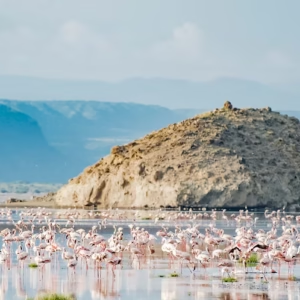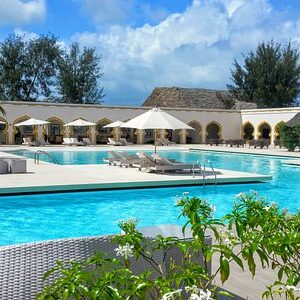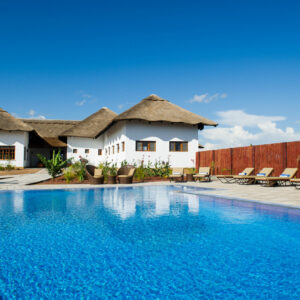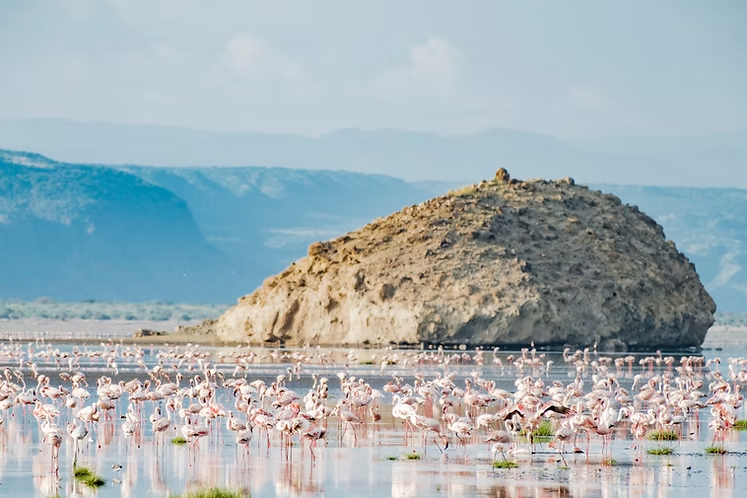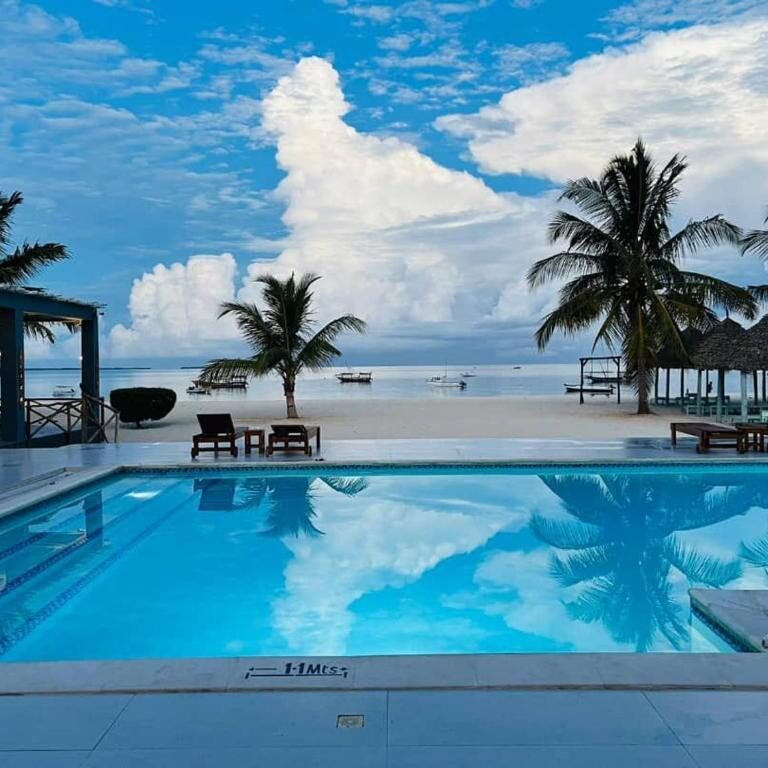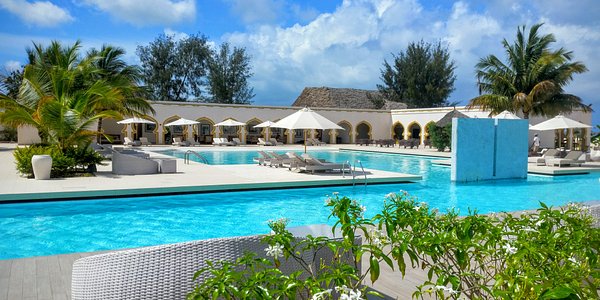How We Keep You Safe on Kilimanjaro
Climbing Mount Kilimanjaro is a thrilling adventure, one that tests your endurance, spirit, and willpower as you make your way to the highest peak in Africa. However, as awe-inspiring as this journey is, it is not without its challenges. Ensuring your safety while you scale this iconic mountain is our top priority, and we have put in place comprehensive measures to protect you every step of the way. From the moment you begin your trek to the final ascent to Uhuru Peak, our focus is on your well-being, guided by 15 essential principles.
1. Experienced Guides and Staff: Your Safety Companions
The foundation of your safety on Kilimanjaro rests with our guides and staff. Our team consists of seasoned professionals who have years of experience leading climbers to the summit. They are not just experts in mountaineering but also in recognizing the early signs of altitude sickness, navigating unpredictable weather, and making critical decisions in emergencies.
Our guides undergo rigorous training in first aid and high-altitude rescue techniques, ensuring they are equipped to handle any situation. Their knowledge of the mountain’s terrain, combined with their deep understanding of how the human body reacts to high altitudes, makes them invaluable assets on your journey. They are your safety net, constantly monitoring your condition and making necessary adjustments to the itinerary to ensure your health and safety.
2. Proper Acclimatization: Pacing Your Ascent
One of the most significant risks when climbing Kilimanjaro is altitude sickness, which can range from mild headaches to life-threatening conditions. To mitigate this risk, we place a strong emphasis on proper acclimatization. Our itineraries are designed with gradual ascents, following the principle of “climb high, sleep low,” allowing your body to adjust to the decreasing oxygen levels as you ascend.
We incorporate acclimatization days where you ascend to higher altitudes during the day but descend to sleep at a lower altitude. This practice is crucial in preventing acute mountain sickness (AMS) and ensures that your body has enough time to adapt to the challenging environment. Our goal is not just to reach the summit but to do so safely, ensuring you are well-prepared physically and mentally.
3. Health Checks: Monitoring Your Well-being
Daily health checks are a critical component of our safety protocols. Each day, our guides monitor your vital signs, including oxygen saturation levels, pulse, and overall physical condition. These checks are designed to catch any early signs of altitude sickness or other health issues before they become serious.
Our guides are trained to assess your condition based on these checks and their observations, making decisions about whether to continue, slow down, or even descend if necessary. Your safety is always the priority, and these health checks provide a clear, objective measure of how your body is coping with the climb.
4. Quality Gear and Equipment: Your Shield Against the Elements
The right gear can make the difference between a successful summit and a dangerous situation. We provide high-quality gear and equipment, including tents, sleeping bags, and cooking supplies, all of which are regularly inspected and maintained. Our tents designed to withstand the harsh weather conditions on Kilimanjaro, keeping you warm and dry even in the most challenging environments.
Sleeping bags rated for extreme cold ensure you get the rest you need at higher altitudes, while our cooking equipment allows us to prepare hot, nutritious meals that fuel your climb. Every piece of equipment chosen with your safety and comfort in mind, creating a secure base from which to tackle each day’s challenges.
5. Emergency Evacuation Plan: Prepared for the Unexpected
Despite all precautions, emergencies can still occur, and being prepared for these situations is essential. We have a comprehensive emergency evacuation plan in place for such instances. Our guides are trained to respond swiftly and effectively to emergencies, whether it’s due to altitude sickness, injury, or any other health issue.
In the event of a serious condition, we can arrange for immediate evacuation, either on foot or through our partnerships with local helicopter services. This ensures that you receive prompt medical attention when needed. Our evacuation plan designed to get you off the mountain safely and quickly, minimizing risks and providing peace of mind.
6. Nutritious Meals: Fueling Your Ascent
Nutrition plays a crucial role in maintaining energy levels and overall health during your climb. Our cooks prepare balanced meals that provide the necessary calories, proteins, and carbohydrates needed to sustain your physical exertion. We understand that your dietary needs might vary, so we cater to different preferences and restrictions ensuring that everyone is well-fed and ready for the challenges ahead.
Meals are designed to be not only nutritious but also appetizing, which is vital when your appetite might be affected by the altitude. Keeping your body well-nourished is key to maintaining your strength and focus as you ascend, and our meals are crafted to support your journey every step of the way.
7. Hydration: Staying Ahead of Dehydration
Hydration is critical at high altitudes where the air is thinner and your body loses fluids more quickly. Dehydration can exacerbate the effects of altitude sickness, so we prioritize regular hydration throughout the climb. We provide purified water and encourage you to drink frequently, even if you don’t feel particularly thirsty.
Our guides monitor your water intake to ensure you are staying hydrated, offering reminders and encouragement as needed. We also provide electrolyte supplements to help replace essential minerals lost through sweating, further supporting your hydration levels and overall health.
8. Pre-Climb Briefings: Preparing for the Journey Ahead
Preparation is key to a successful and safe climb, and we take this seriously. Before you set foot on the mountain, we conduct detailed pre-climb briefings that cover all aspects of the journey. These briefings provide you with essential information about the route. Altitude sickness, safety measures, and what to expect at each stage of the climb.
We also use these sessions to address any concerns or questions you might have. Ensuring you feel confident and informed as you begin your ascent. Understanding the challenges ahead and knowing how to handle them reduces anxiety and helps you focus on the climb.
9. Porter Support: Lightening Your Load
Climbing Kilimanjaro is physically demanding, and carrying heavy gear can make it even more challenging. To alleviate this burden, our porters carry the bulk of your equipment, allowing you to focus on the climb itself.
This support not only makes the climb more manageable. Contributes to your safety by reducing physical strain and the risk of injury. With your load lightened, you can maintain a steady pace and conserve energy for the more demanding sections of the climb.
10. Communication Systems: Staying Connected
Effective communication is essential for safety, especially in remote and challenging environments like Kilimanjaro. We use reliable communication systems to stay in touch with our base and emergency services. Ensuring that we can quickly relay information and request assistance if needed.
Our guides are equipped with radios and mobile phones to maintain contact with the team. We also use satellite phones in areas with limited or no signal. This ensures that we can coordinate our efforts effectively and respond quickly to any situation that arises.
11. Weather Monitoring: Navigating Nature’s Challenges
Weather conditions on Kilimanjaro can change rapidly, with clear skies giving way to storms in a matter of hours. To ensure your safety, we closely monitor weather forecasts and conditions throughout the climb. Our guides trained to recognize signs of approaching weather changes. Make decisions accordingly.
If conditions become too dangerous, we will adjust the itinerary or even postpone the climb to ensure your safety. This proactive approach to weather monitoring helps us avoid potentially hazardous situations. Ensures that you climb under the safest possible conditions.
12. Regular Rest Stops: Conserving Energy
Rest is as important as the climb itself when it comes to reaching the summit safely. We incorporate regular rest stops into our itineraries, allowing you to recover, acclimate, and recharge. Where your body will benefit most from the rest.
During these stops, you can take in the breathtaking scenery, hydrate, eat, and regroup with your fellow climbers. These moments of rest are crucial for maintaining energy levels and preventing exhaustion. Ensuring that you are ready for the next leg of the journey.
13. Supportive Group Environment: Climbing Together
Climbing Kilimanjaro is a shared experience, and the support of your fellow climbers can make a significant difference. Our guides foster a positive and encouraging group environment where everyone feels supported and motivated. This camaraderie helps you push through difficult moments and keeps morale high, even when the climb gets tough.
By climbing together, you share not only the challenges but also the triumphs. Creating a sense of unity and shared purpose. This supportive environment contributes to both your physical and mental well-being, helping you stay focused and determined as you ascend.
14. Comprehensive Training: Continuous Improvement
Safety on Kilimanjaro dynamic process committed improvement. Our guides and staff undergo regular training. Stay updated on the latest safety protocols, rescue techniques, and first aid procedures. This training ensures always prepared to handle any situation that might arise during the climb.
We also review and refine our safety practices regularly, incorporating feedback from climbers and adapting to new challenges. This commitment to continuous learning and improvement means that our safety protocols are always evolving. Ensuring the highest standards of care.
15. 24/7 Support: Always by Your Side
Finally, we provide 24/7 support throughout your climb. Whether you need assistance with your gear, advice on how to cope with altitude sickness, or just some encouragement. Our team is always there for you. This round-the-clock support ensures that you are never alone on your journey, now.
Providing a secure and memorable experience as you conquer Mount Kilimanjaro. Trust in our expertise, and let us guide you to the summit with confidence and care.

